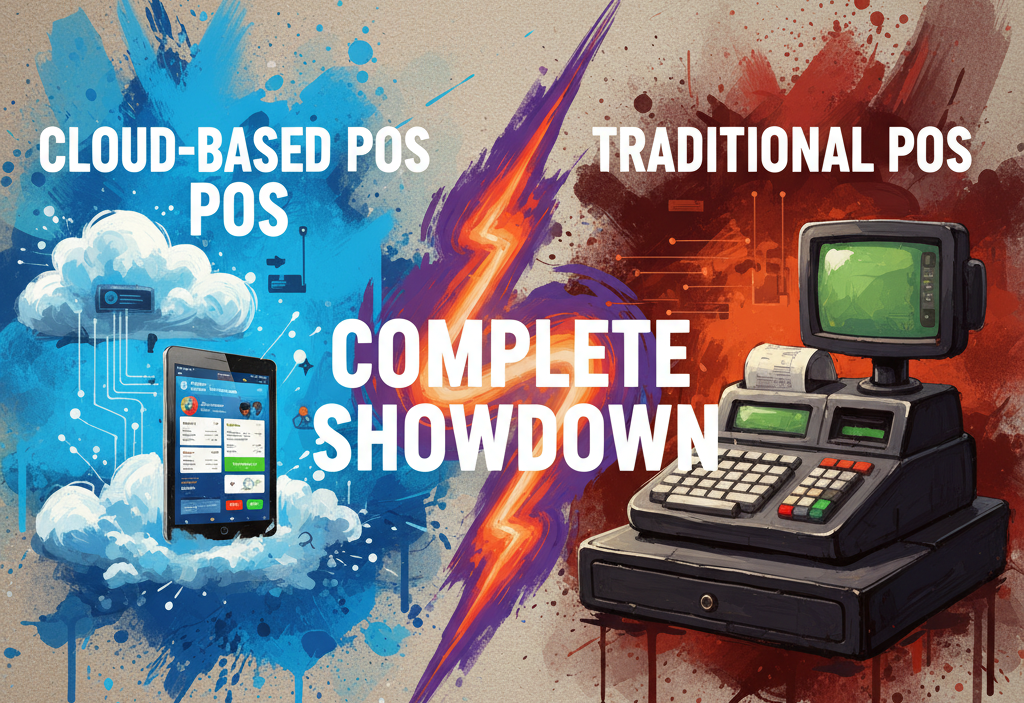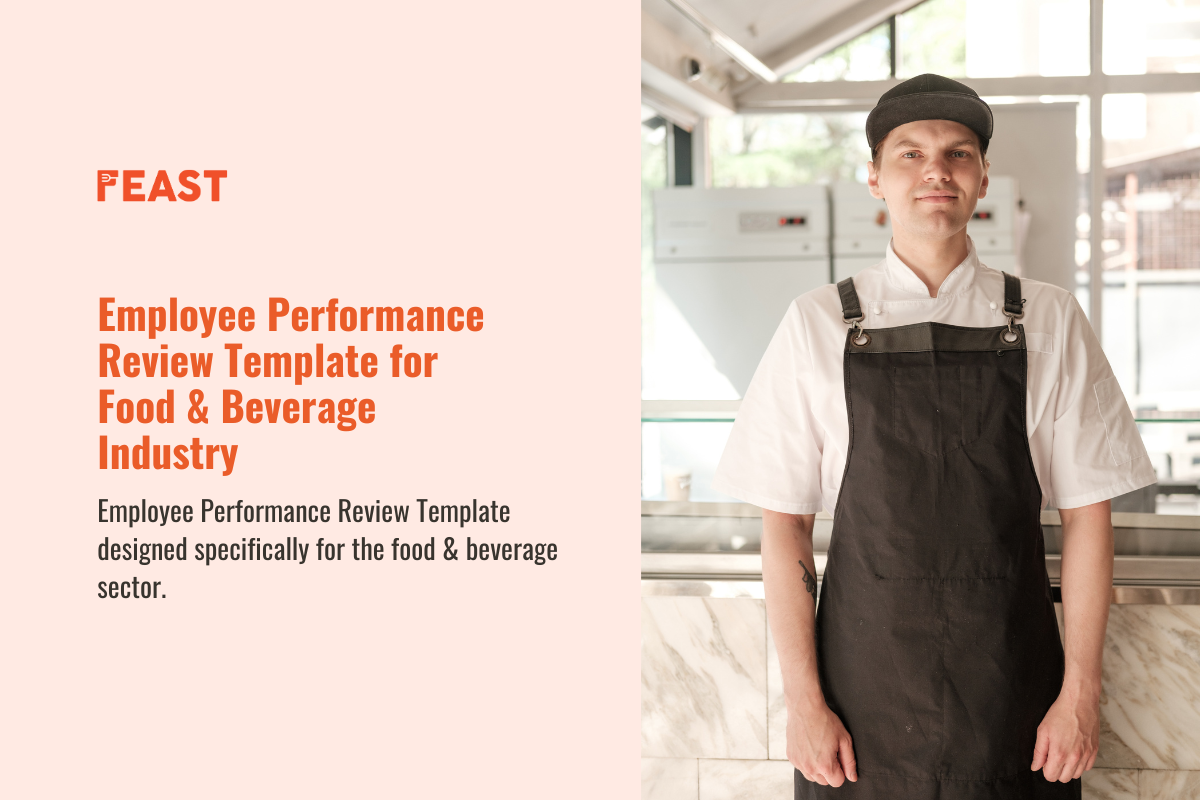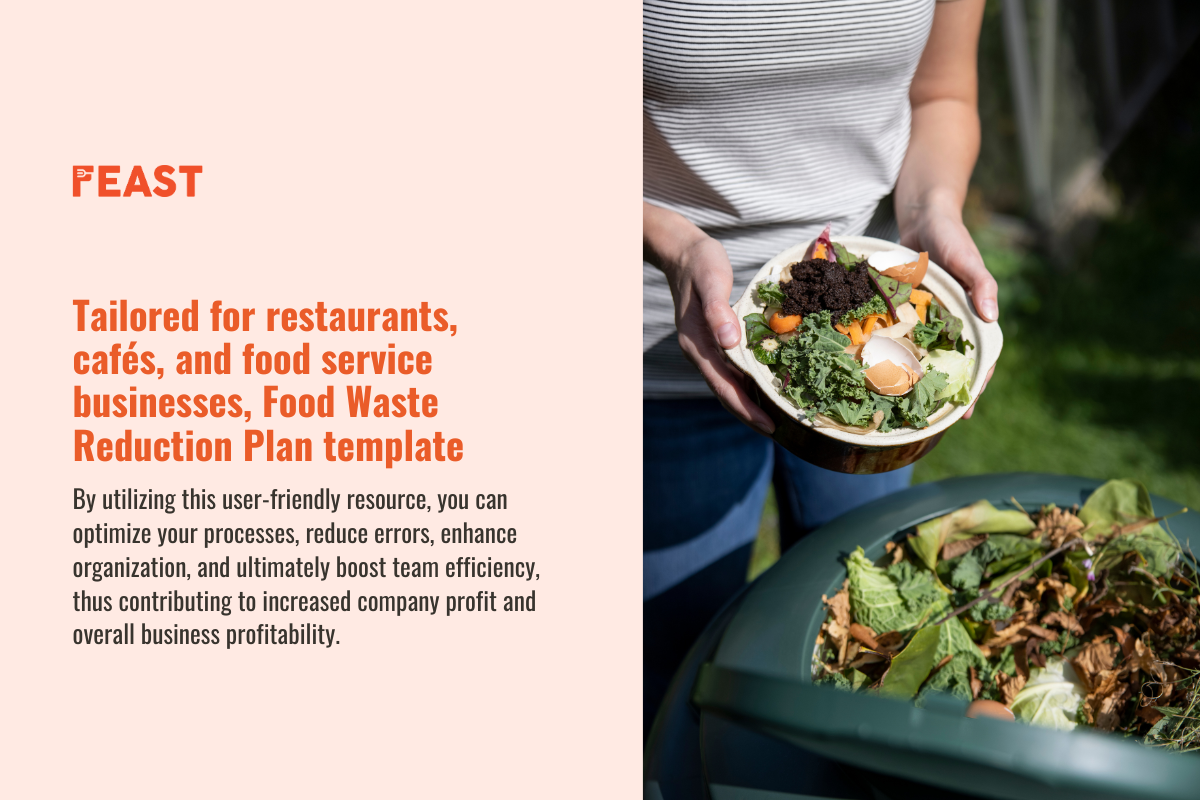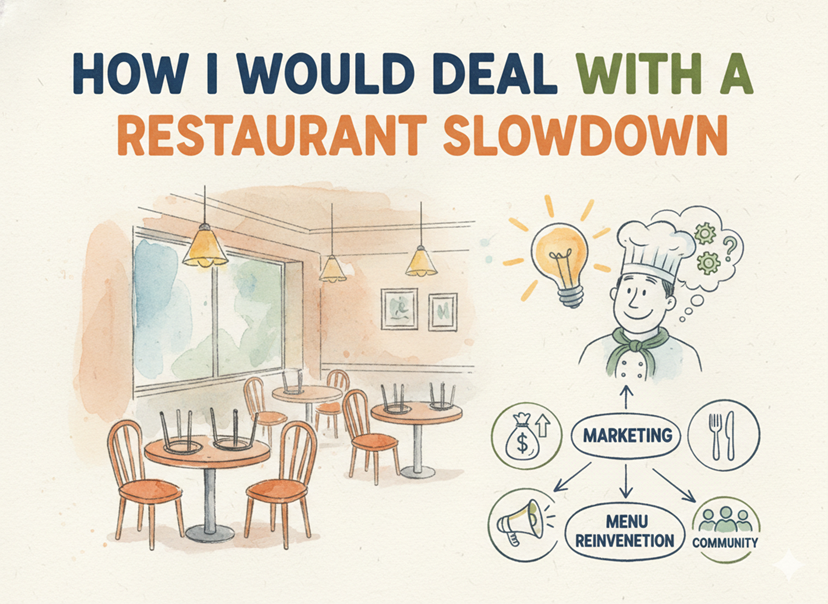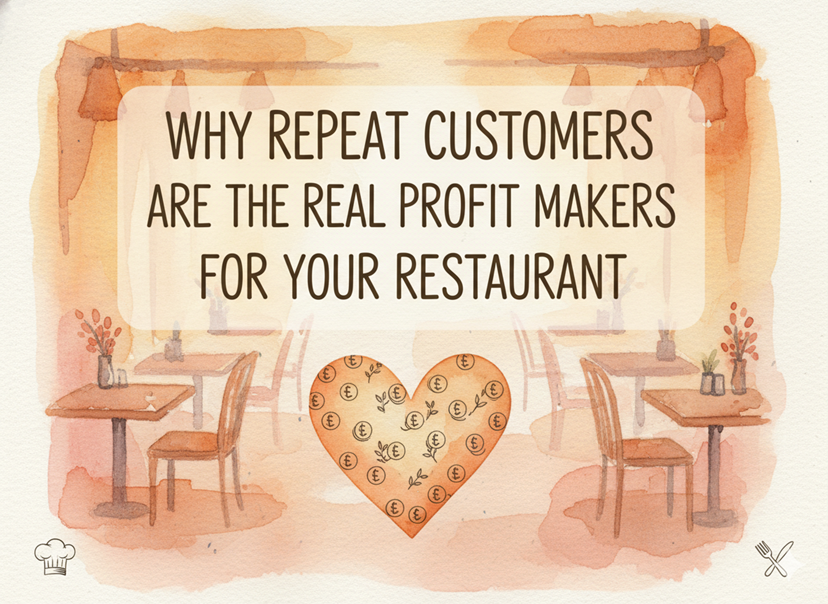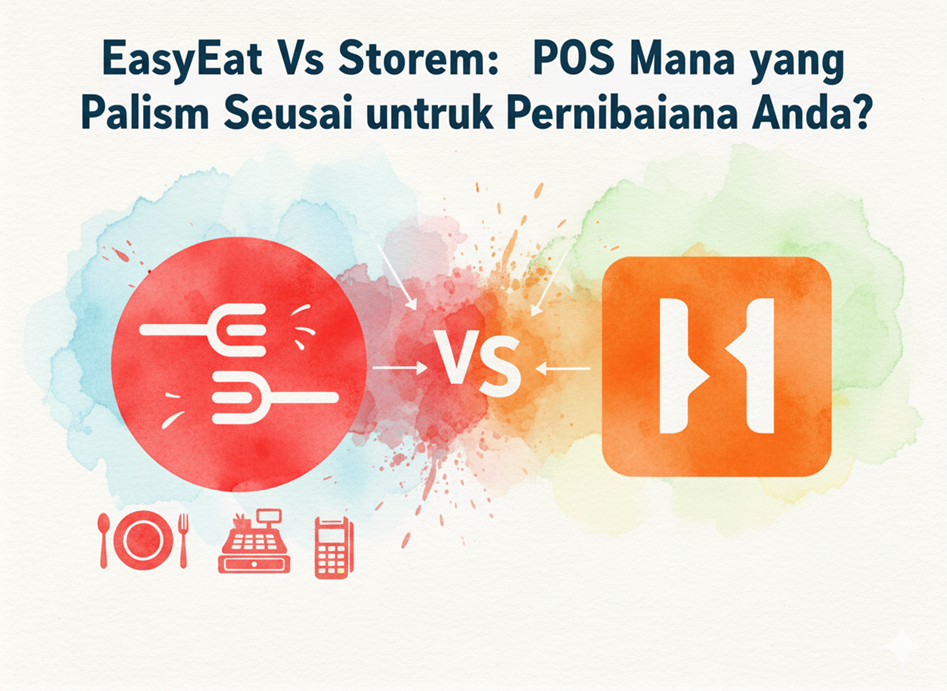Managing sales, inventory, and staff records is not easy when your system slows you down. Many face the same struggle of being tied to one computer, losing data, or spending too much on repairs. That is why choosing the right POS system is such a big decision.
Traditional POS stores data locally, needs manual updates, and relies on fixed hardware. Cloud-based restaurant POS systems store everything online, update automatically, scale easily for multiple outlets, and give remote access with internet support.
But this is only the starting point. In the next sections, we will explain each system in detail, compare them on storage, maintenance, scalability, and internet needs, and help you decide which POS solution truly fits your business. Keep reading to find out more.
What Are Cloud-Based POS Systems?
Cloud-based restaurant POS systems are modern solutions that store all your data on the cloud instead of a physical computer in your shop. This means your sales records, menu updates, and reports are not tied to a single device. You can log in from anywhere using a phone, tablet, or laptop and still see real-time updates.
Think of it like online banking. You don’t have to go to the bank to know your account balance. In the same way, with cloud-based POS software, you don’t need to be physically present at your outlet to see sales or inventory numbers. Everything is updated automatically in the cloud and can be accessed whenever you need it.
What Are Traditional POS Systems?
Traditional POS systems are the older versions that store data locally on a server or computer placed at your outlet. To check your records, you must be on-site and use the specific device. These systems often come with bulky hardware and need regular manual updates.
They work fine if you don’t mind being tied to a fixed location. But with growing digital needs and the rising trend of managing businesses on the go, many owners now feel these systems can limit flexibility.
The Growing Importance of Cloud POS in Malaysia
The F&B industry in Malaysia is rapidly adopting digital tools. According to a 2024 report by Statista, the POS software market in Southeast Asia is expected to grow at a rate of 9.3% annually. This shows how more businesses are moving towards smarter solutions.
You know better than anyone how important it is to have accurate sales data, real-time reports, and control over your operations. With cloud pos software, you don’t need to be physically present to know what is happening. You can focus on customer service while the system takes care of the numbers for you.
Comparing Cloud-Based POS and Traditional POS
Now let’s compare both systems to see how they differ in important areas.
Data Storage Location
Traditional POS systems store data locally, which means everything stays inside your outlet. While this may sound secure, it also means that if your computer crashes or the hard drive fails, you risk losing valuable records.
On the other hand, cloud pos software stores data online. It is backed up automatically and secured on remote servers. If one device fails, you can still log in from another device and continue operations without losing your data. According to Statista, around 60% of global businesses now use cloud solutions because of better security and data access.
Maintenance
Maintaining a traditional POS system can be time-consuming and expensive. Every update needs to be done manually, usually by a technician. If your system crashes, you may need urgent repairs that not only cost money but also disturb your daily work.
Cloud pos solutions are much easier to maintain. Updates are automatic and handled by the software provider. You don’t need to hire technicians or worry about system downtime. Everything happens in the background, saving you both time and money.
Scalability
If you are planning to expand, traditional POS systems can limit you. For every new branch, you may need to install new servers, buy new hardware, and set up separate systems. This can quickly add up to high costs.
With cloud-based pos software, scaling is simple. You can add new outlets to the same system without needing heavy infrastructure. All your sales and inventory data can be seen in one dashboard, no matter how many outlets you open. A report by Hospitality Technology showed that 61% of food businesses prefer cloud POS because it makes expansion much easier.
Internet Dependence
Traditional POS systems work offline since they store everything locally. This means they are not affected by internet downtime. However, it also means you cannot access your data from anywhere else.
Cloud-based restaurant POS systems do depend on the internet. But many modern providers now give offline features too, so you can continue billing even if your internet drops. Once the connection returns, the data syncs automatically with the cloud. In Malaysia, where internet coverage is improving every year, this is becoming less of a problem. The Malaysian Communications and Multimedia Commission (MCMC) reported that 97.4% of Malaysians had 4G coverage by 2023, showing how dependable connectivity has become.
Which Restaurants Should Use Cloud-Based POS?
Not every type of place needs the same solution. Traditional POS systems may still work well if you are running a single outlet, do not plan to expand, and prefer everything stored on-site.
But if you want flexibility, faster decision-making, and a system that grows with you, cloud-based restaurant POS systems are the better choice. For example, if you run multiple outlets in Kuala Lumpur, Penang, and Johor, you can easily track all your daily sales in one dashboard with cloud pos software. If you want to change your menu, you can do it once in the system, and it will update across all outlets instantly.
Cloud pos solutions also help in cost savings. Instead of spending RM15,000–RM20,000 upfront on bulky hardware for a traditional system, cloud POS usually comes with a subscription model that is very affordable and gives you exponential returns, depending on features. This reduces your financial burden and makes it easier to manage cash flow.
Both traditional and cloud-based POS systems have their own strengths. Traditional POS may work if you prefer local storage and don’t need flexibility. But cloud-based restaurant POS systems give you freedom, scalability, and real-time control. With internet connectivity in Malaysia improving every year and costs becoming more affordable, shifting to cloud pos solutions can give you an advantage.
At the end of the day, the choice depends on your needs. But if you want a system that helps you grow and adapt to modern demands, cloud-based POS software is the smarter choice.

